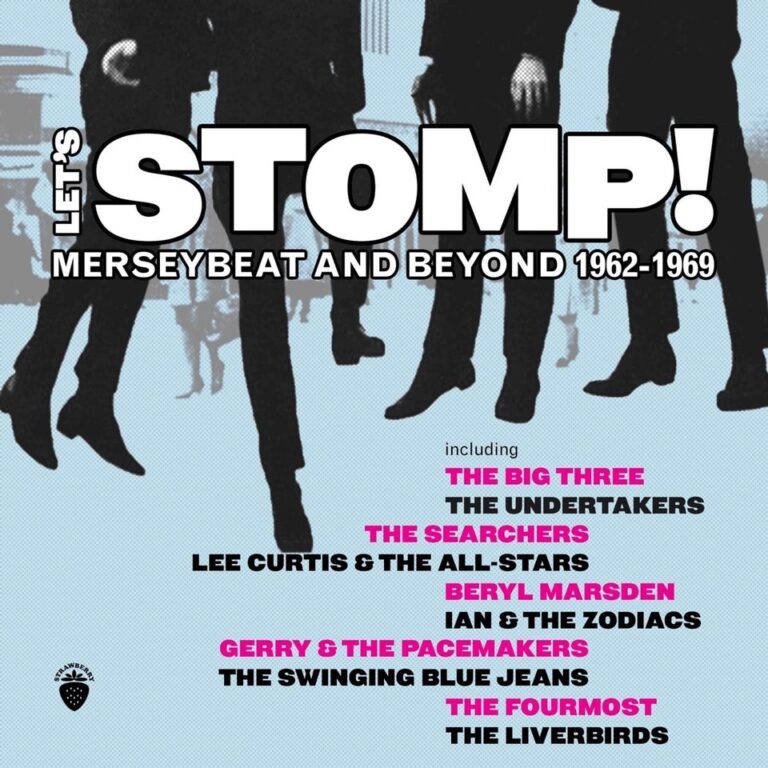As you know if you’ve read Tune In, Mark Lewisohn’s peerless history of the Beatles’ pre-fame years, the Fab Four were hardly the only musicians blazing new trails in and around Liverpool in the U.K. in the early 1960s. Hundreds of groups were vying for fame while creating the genre that came to be called Merseybeat (after the river that runs through northwest England). Also known as British beat and beat music, the genre combines the influences of pop, skiffle, and R&B with a large dose of the American rock and roll that many of its purveyors adored.
A fascinating new three-disc anthology called Let’s Stomp! Merseybeat and Beyond 1962–1969 covers the best of this music (aside from the Beatles, who are excluded due to licensing constraints). It also features tracks issued by Liverpool-area acts from the mid-sixties, when the Merseybeat craze started to fade, through the rest of the decade.
Listening to these CDs will remind you that like most musical genres, Merseybeat is a bit of a catch-all term for material that in fact varies widely in style. It will also demonstrate that whatever you call their songs, the acts that came out of this time and place produced a heck of a lot of good music.
Don’t look to this set for the British Invasion’s best-known numbers. The 93-track program does make room for a few Top 40 U.S. hits, such as the Swinging Blue Jeans’ “Hippy Hippy Shake,” the Searchers’ “When You Walk in the Room,” and Billy J. Kramer & the Dakotas’ “Bad to Me,” but much of this material will likely be unknown to many listeners on both sides of the Atlantic. Its freshness only adds to the pleasure.
Quite a few of the tracks have links to the Beatles. The set includes four John Lennon/Paul McCartney compositions, for example, among them “I’m in Love,” by the Fourmost, a group that played the Cavern Club with the Fab Four; the above-mentioned track and another number by Kramer, who was under contract to Beatles manager Brian Epstein; and two selections by Cilla Black, who had also been signed by Brian Epstein. Also featured are Gerry and the Pacemakers, another act Epstein handled; Focal Point, who were named by Epstein and signed to Apple Publishing; future Apple artist Jackie Lomax; Beryl Marsden, who performed at the Cavern Club and supported the Beatles on their last U.K. tour; and Lee Curtis and the All-Stars, who featured ex-Beatle Pete Best. Here, too, are the Big Three’s version of “Some Other Guy,” a song the Beatles recorded early on; and “Lend Me Your Comb,” by Rory Storm and the Hurricanes, a group that employed a drummer by the name of Ringo Starr.
American rock and roll, however, looms even larger in this program than the Beatles. There are covers of hits by many U.S. bands, including the Contours’ “Do You Love Me” (performed here by Faron’s Flamingos), the Marvelettes’ “Beechwood 4-5789” (by Ian & the Zodiacs), Ruby & the Romantics’ “Our Day Will Come” (by the Merseybeats), Dobie Gray’s “The In Crowd” (by the Fourmost), the Jaynetts’ “Sally Go Round the Roses” (by Lyn Cornell), and Clyde McPhatter’s “Lover Please” (by the Vernons Girls). Some of these covers – such as the Cryan Shames’ Joe Meek–produced version of the Drifters’ “Please Stay” – are arguably even better than the excellent American hit versions.
The set comes with a 24-page booklet that inexplicably fails to identify the composers of many of the tracks. However, it does offer copious notes about each number as well as a wealth of color photos.
Also Noteworthy
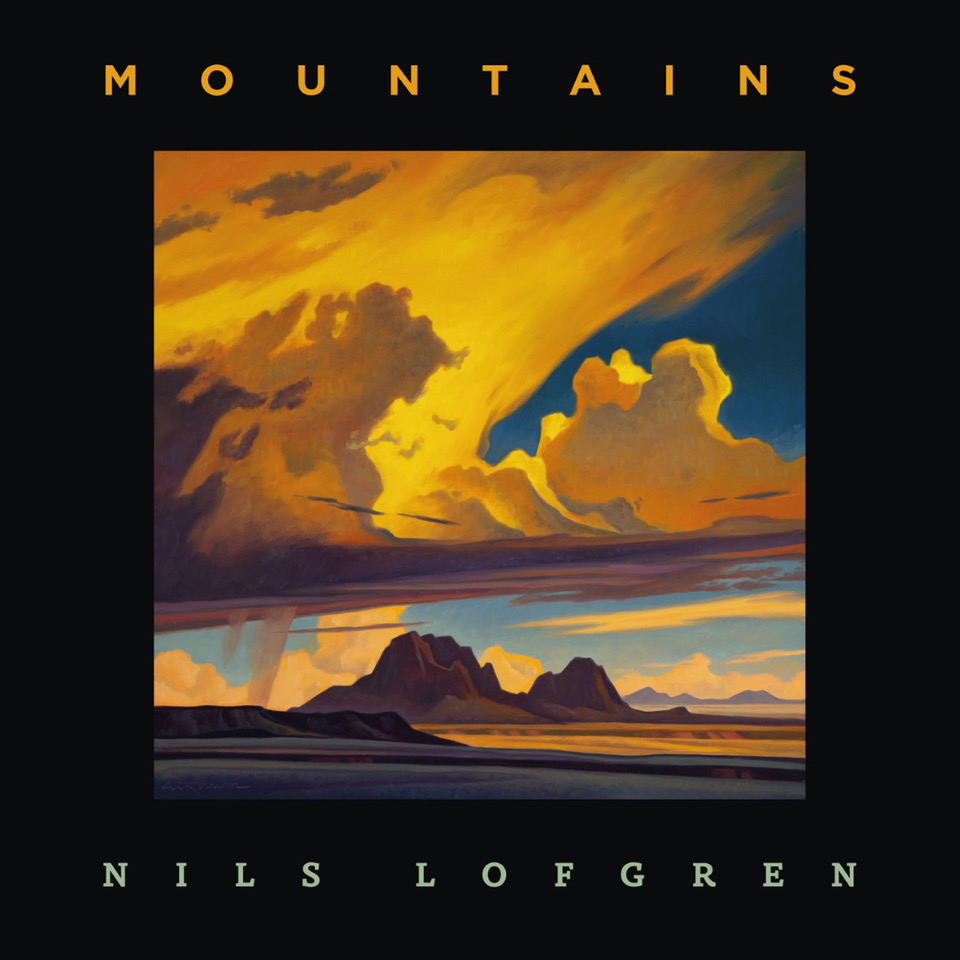
Nils Lofgren, Mountains. A co-founder of the rock band Grin (1968–74) and a recurring member of Neil Young’s Crazy Horse (1970–’71, 2018–present), Nils Lofgren has long been known primarily as lead guitarist for Bruce Springsteen’s E Street Band, which he joined in 1984. Throughout his career, though, Lofgren has found time to issue a steady stream of solo LPs. This latest entry – his first studio album since 2019’s Blue with Lou, which included tracks written with Lou Reed – offers reminders of how well he occupies center stage. Passionate, powerfully delivered lyrics imbue the set, which features guest appearances by Young, Ringo Starr, and, in one of his final recordings, David Crosby. The program includes an affecting cover of Springsteen’s “Back in Your Arms” plus nine Lofgren originals, among them “Won’t Cry No More,” a tribute to the Rolling Stones’ late drummer, Charlie Watts; and “Nothin’s Easy,” a valentine to Lofgren’s wife, Amy, who co-produced.
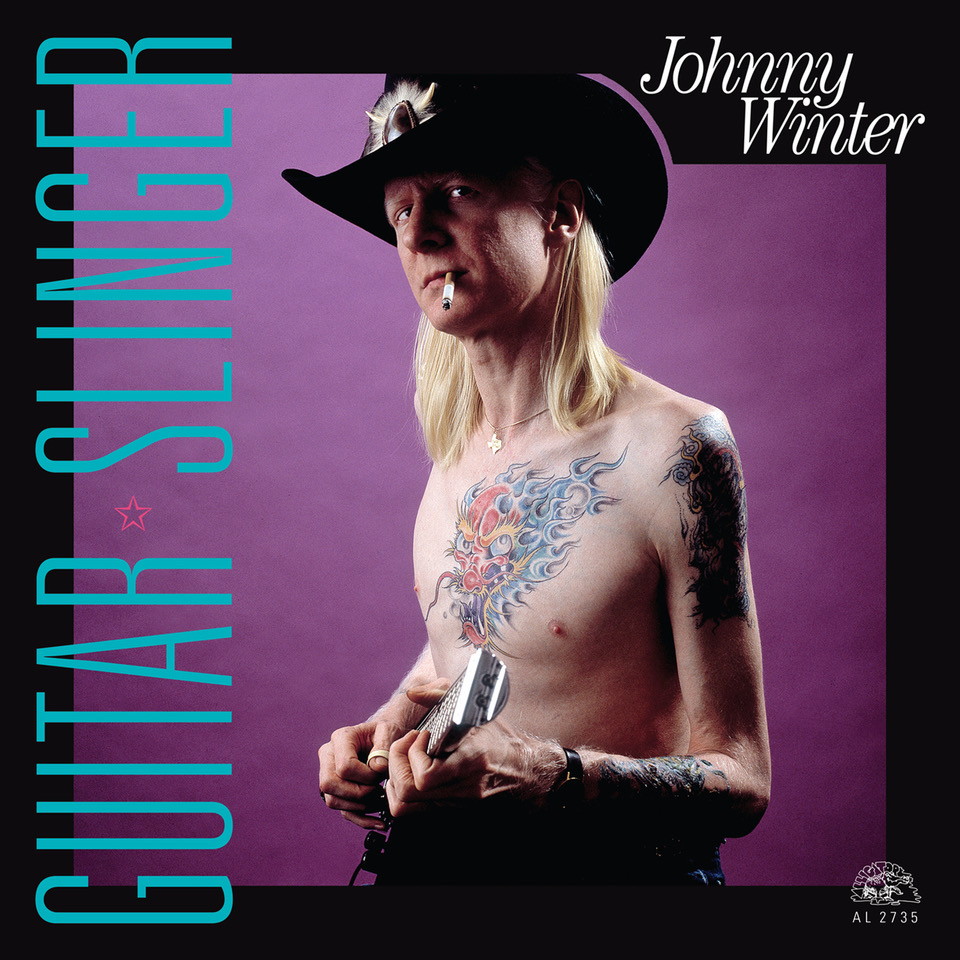
Johnny Winter, Guitar Slinger. This vinyl-only reissue offers a remaster of a 1984 release that finds the late Johnny Winter tilting more toward traditional blues than on his earlier LPs. The record – his first for the Alligator label after a stint with Columbia and a four-year pause – includes covers of songs like Muddy Waters’s “Iodine in My Coffee,” Earl King’s “Trick Bag,” and Don Robey’s “It’s My Life Baby” and “I Smell Trouble.” Winter’s guitar pyrotechnics – and especially his dazzling slide work – are front and center throughout the LP, which also showcases his gravelly, expressive vocals and a hot horn section. The set earned Winter a Grammy nomination for Best Traditional Blues Album, and it’s easy to understand why.
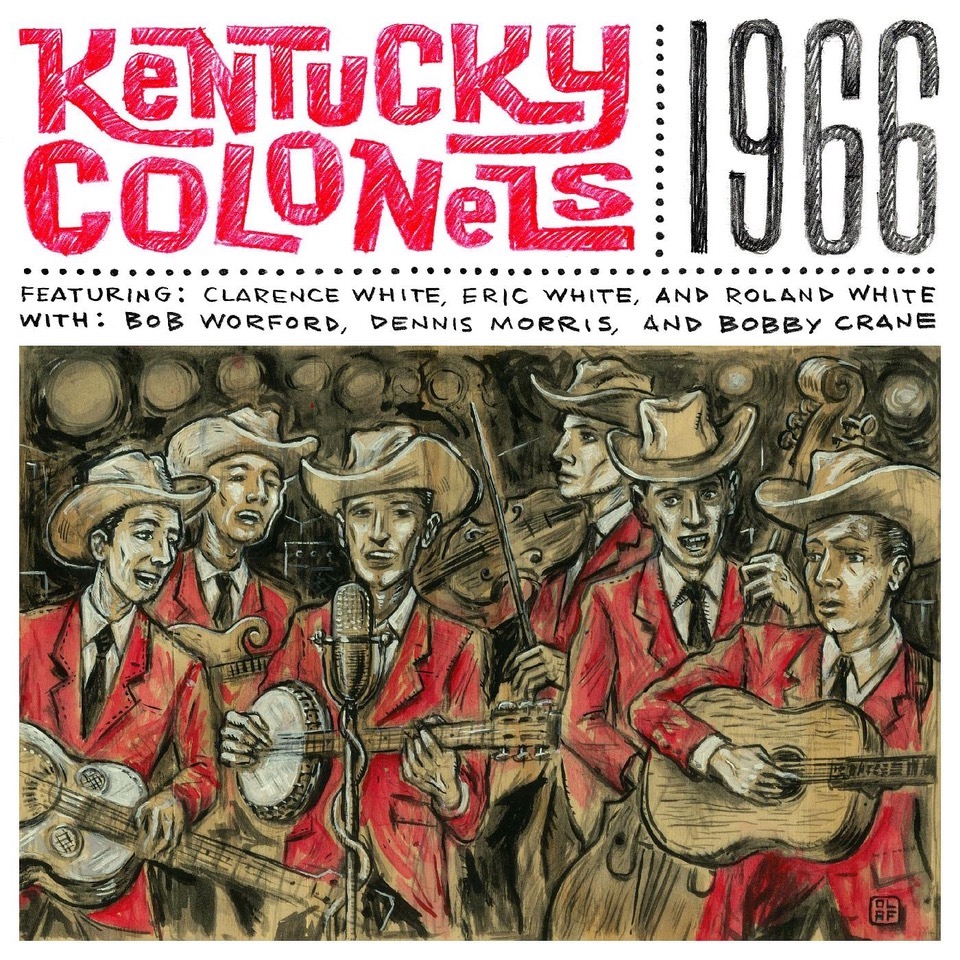
The Kentucky Colonels, 1966 (expanded edition). The Kentucky Colonels, an early 1960s bluegrass group that helped to introduce the genre to a new generation, featured three siblings: mandolin player Roland White, who later played with Bill Monroe’s Blue Grass Boys and Lester Flatt’s Nashville Grass; guitarist Clarence White, who went on to membership in the Byrds from 1968 until his death in 1973; and banjo and double bass player Eric White. The program here, which resulted from a brief reunion of a six-man lineup, includes fully formed demos of 10 songs that – the album’s title notwithstanding – were recorded in 1967 and first issued on a 1978 LP. Nine – previously unreleased bonus tracks, all culled from radio and TV performances, date from 1959 to 1961. Covers of traditional material like “Shady Grove” and “Cotton Eyed Joe” dominate the set, which also embraces such numbers as Earl Scruggs’s “Earl’s Breakdown” and Merle Haggard’s “The Fugitive.” Throughout, the vocal harmonies are first-rate and so is the musicianship.
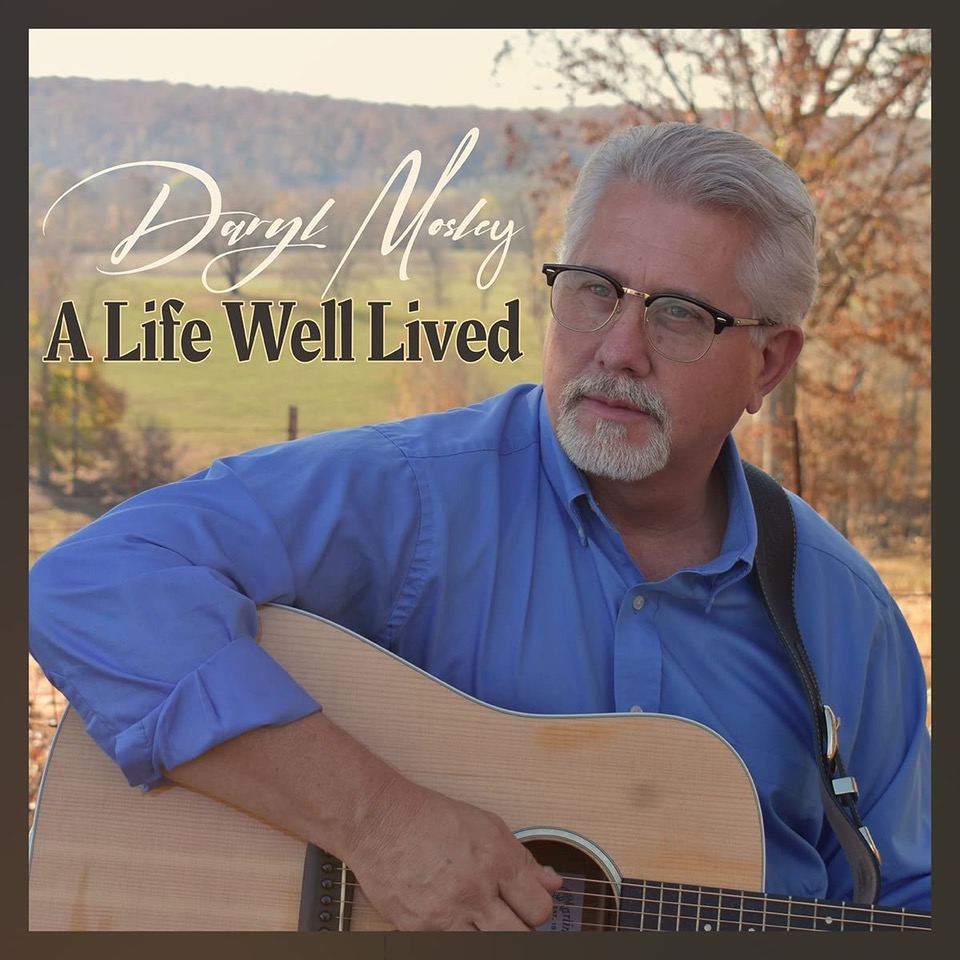
Daryl Mosley, A Life Well Lived. Tennessee native Daryl Mosley, a longtime bass player for country and bluegrass acts such as the Osborne Brothers, has also made a mark as the writer of 10 No. 1 country hits for other artists. Since 2020, moreover, he has been recording well-received solo LPs. A Life Well Lived, his third such album, combines amiable vocal work with consummate musicianship by a band that includes a fiddle player and a mandolinist. Imagine a blend of Don Williams and Ricky Skaggs and you’ll have a good sense of what to expect from the record, whose lyrics embrace traditional values and country and religious themes.
Jeff Burger’s website, byjeffburger.com, contains five decades’ worth of music reviews, interviews, and commentary. His books include Dylan on Dylan: Interviews and Encounters, Lennon on Lennon: Conversations with John Lennon, Leonard Cohen on Leonard Cohen: Interviews and Encounters, and Springsteen on Springsteen: Interviews, Speeches, and Encounters.


